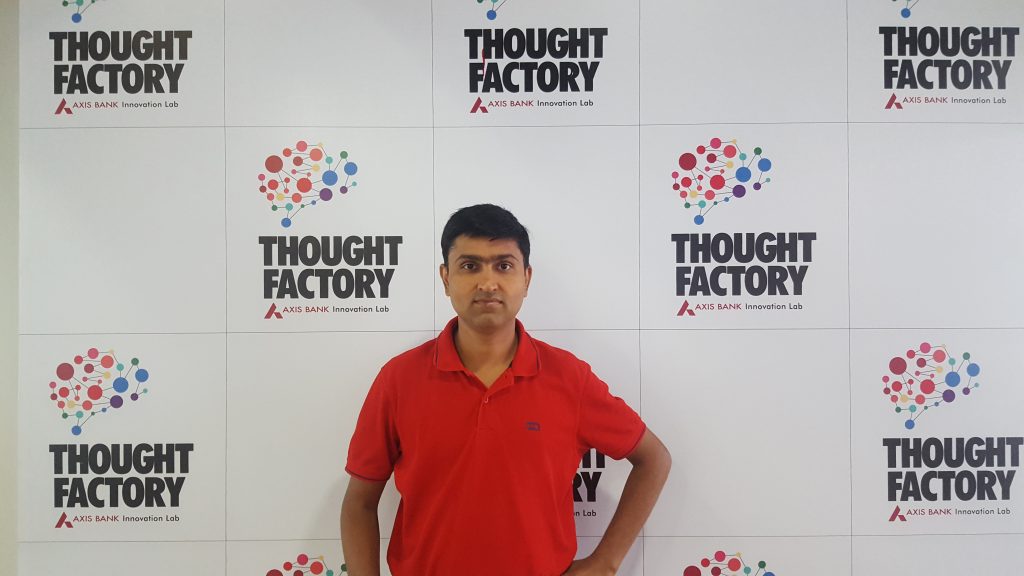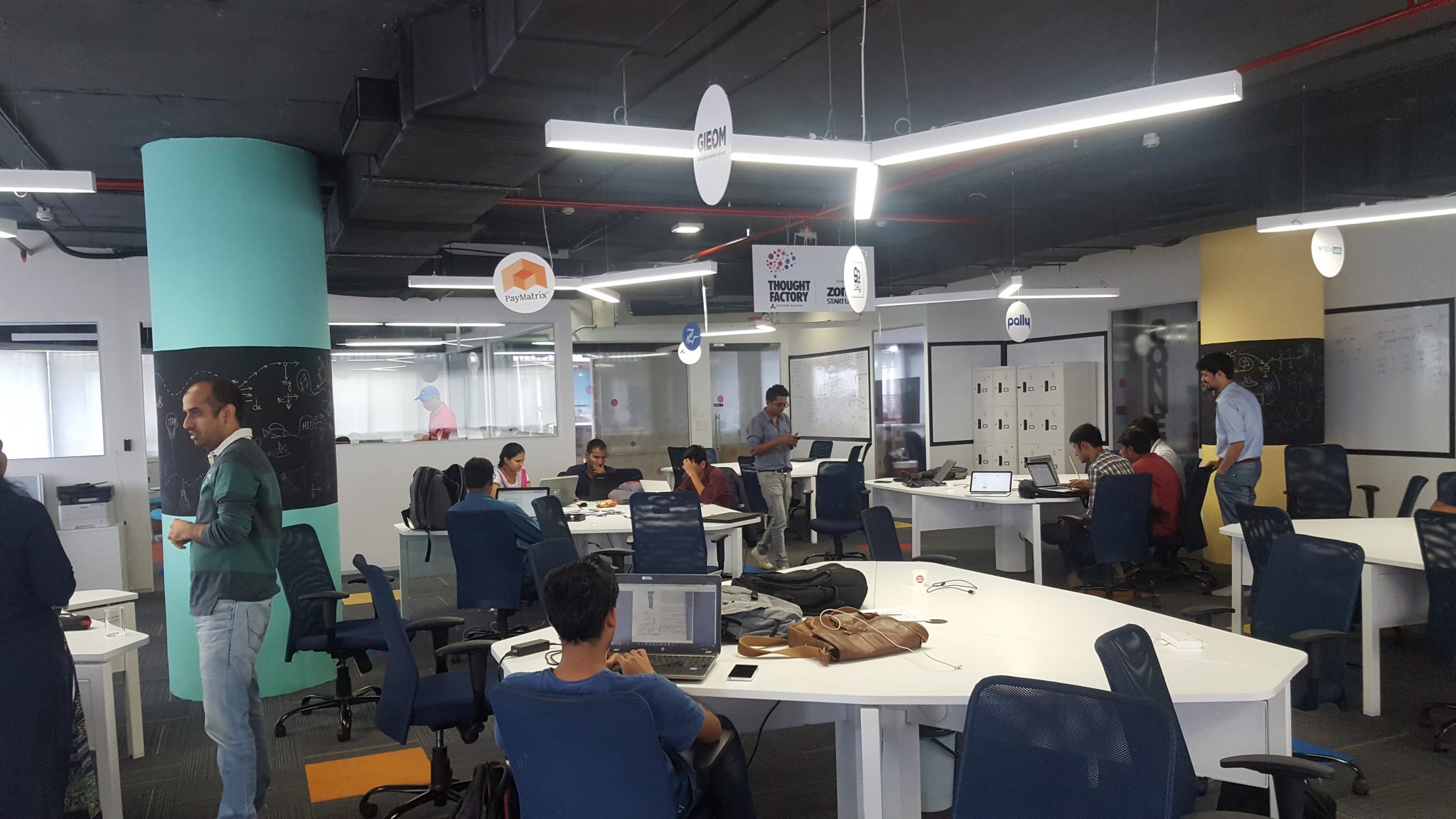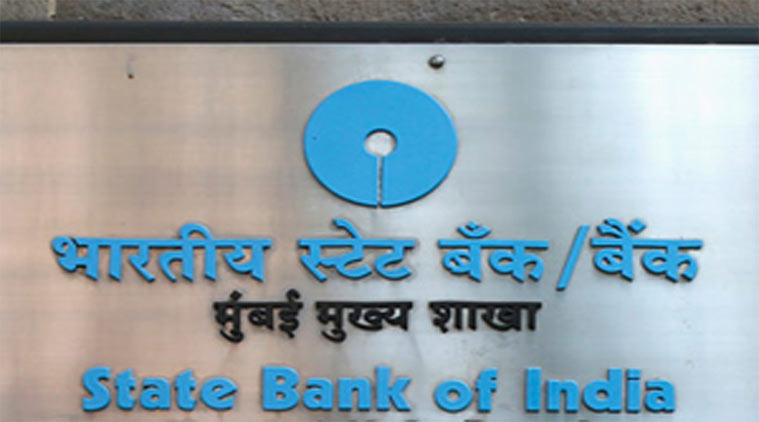
Of late, Indian banks have made a concerted effort to wrap their arms around disruptive technologies –most notably disruptive of all is artificial intelligence (AI) that lends easily to functions such as fraud management, personal finance, debt collection, sentiment analysis, predictive analytics and credit scoring among others. Case in point – ICICI Bank will invest in fintech startups soon, picking up equity stakes to boost products; HDFC Bank has launched SmartUp, to nurture startups in this space.
India’s third-largest bank Axis Bank has gone a step ahead and launched Thought Factory, an Innovation Lab in Bengaluru, giving Axis Bank a fintech advantage and a better understanding of today’s “technologies and better focus of tech solutions”. In an exclusive chat with Markandey Upadhyay, co-founder, Thought Factory, Axis Innovation Lab – Axis Bank, the banking veteran talks to us about the idea of joining hands with fintech startups that will deliver the much-needed agility to stay ahead of the curve.
From automated ATM surveillance to smart checkouts at retail stores and tax-planning chatbots, there is a host of ground-breaking ideas coming forth from Thought Factory, that is capitalizing on the first mover advantage in the fintech space. As Upadhyay puts it succinctly, “Globally, the banking world is getting transformed with cutting-edge technology, and when we already know that tech will transform banking, then the choice is very clear, that you have to be part of this transformation.”
An inside look at Thought Factory
Thought Factory runs three distinct programs to foster talent and pave way for emerging tech innovations. First up, it houses an ‘Accelerator’ to collaborate closely with phenomenal startup that have the potential to make valuable contribution to the ecosystem. The Accelerator, a dedicated three-month program, engages with the start-up community to fast-track the innovation journey. Secondly, there is the Incubator program that comprises a highly tech-oriented internal team, that works on “building new kind of capabilities, digital solutions for the bank”.
“We realized we can’t pull all the investment by ourselves, so we had to work with the outside world,” reveals Upadhyay, who has had previous stints at GE Capital and HSBC before heading Risk Analytics for Retail Lending business at Axis Bank. And lastly, Thought Factory runs ‘Partnership Program’ featuring collaborations with big innovators such as Amazon (AWS), OCBC and VISA among others. Upadhyay is backed by a team of 12-15 people of “exceptional talent and expertise” who work on building new kind of capabilities. At the moment, through all three different programs, more than 50 start-ups are being nurtured at TF. The Innovation Lab is also working in close partnership with 8-10 startups, Upadhyay explained.
With data at heart, these solutions will rewrite the way banking is done
While AI has a huge success in fraud management, Upadhyay believes another area that is shaping up in a big way is “digital lending”. “We have lots of digital data of our customers, so we have digital footprint and lending history of the customer. By connecting them we can come up with digital risk insights. It is one of the big areas, and one of our advantages. In fact, in most of the areas, we can solve problems in a better way through use of new-age technologies like AI, ML, IOT and Block Chain,” he shared.
Another area of high interest includes chatbots. “The complete package of AI chatbots will be one of the big things,” he said. Last year, Axis Bank made a big push into AI by announcing the launch of an intelligent chatbot to make mobile services more conversational. Soon to be launched in partnership with Singapore-based fintech startup Active.ai, the bot will make it simpler for customers to engage in personalized and contextual manner. There are plenty of reasons for Axis to bank big on chatbots. There is the repeat value of transactions and a host of customers promising increased usage on these platforms make it the right choice to pivot to conversational banking.
Until now, a lot of processes have mostly been paper-oriented in banks, Upadhyay shares. “In the background, there are different teams like central processing units, where those papers go and get digitized. It finally goes through a system, after which decision happens. A lot of investments is happening in this area and with the usages of AI, these processes will become more efficient, instant and cost effective. This may not be visible to the outside world, because these processes largely happen in the background,” he adds.
Traditionally, banks had a lots of structured data, and that’s how analytical tools and technology evolved, i.e., people worked on that structured data. Over the last few years, banks are storing different forms of data. From call logs that is voice data to video surveillance data and email communications, i.e. text data. “The team is building capabilities to work beyond the structured data, and make significant headway into unstructured data like voice, video, and text, to build deep insights and better customers understanding to offer better banking experience to our customers,” said Upadhyay.
Startups and Solutions
Bangalore based computer vision startup Uncanny Vision is working with TF on automated ATM surveillance, a use case for IoT, deep learning, and cloud computing. By deploying video cameras and sensors, the startup is working in conjunction with TF to make ATMs safer. Meanwhile, data analytics and fintech startup Perpule is working on self-checkouts. Their product is already functional in HyperCity, SPAR, Future Group and Shoppers Stop. Another startup is working on solving tax filing problems and is creating a tax planning chatbot, ideal for an underserved market like India. Upadhyay concedes there isn’t much happening in the blockchain space. The fundamental technology behind blockchain is like generalized public ledger. “People have to come together to make it successful. In India, I don’t see many organizations coming together and creating something, as of now. A few successful small experiments with smaller collaborations can set the stage for bigger collaborations,” he said.
In the blockchain space, TF is working on a PoC around KYC repository. The other idea the Innovation Lab is mulling over is that of invoice discounting. “One of the ideas is getting a blockchain platform where invoices can be put and the lending against those invoices can happen in transparent setup. One of the problems is – if multiple lending happens on the same invoice, it could create trouble. So, if you put into blockchain, it will be very transparent,” he explained.
Are Indian legacy players on the losing end of the fintech revolution?
While private banks seem to hog the limelight on the adoption of cutting-edge technology, PSUs, typically viewed as stodgy when it comes to adoption of digital technologies are also catching up. Though many believe PSUs lag behind in adoption, Upadhyay demurs strongly, adding how State Bank of India has already embraced digital and has made significant investment in disruptive technologies. “The government is actively working on consolidation of PSUs. if bigger entities are being created, I don’t see any reason why they wouldn’t have very strong focus on digital transformation,” he said.
Axis Bank has already taken the first collaborative step in making banking more intuitive and intelligent by supporting incubation. Amidst the changing financial landscape, tech startups and banks need to co-exist. Will this be their game-changer? Upadhyay definitely believes the collaborations will pay off. “We are very excited to work with tech startups, our partners and internal incubator team to make banking, Instant, Intuitive and Intelligent for our customers in coming days,” he said, in closing.
























